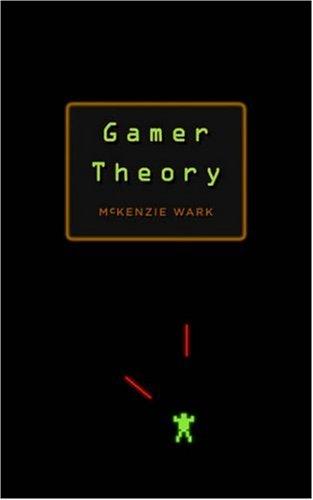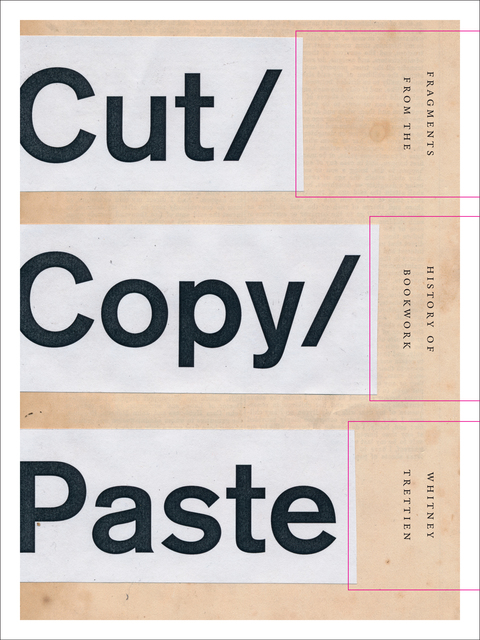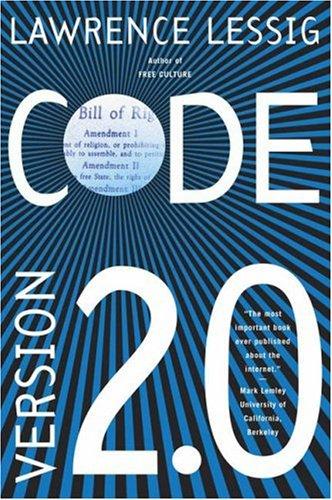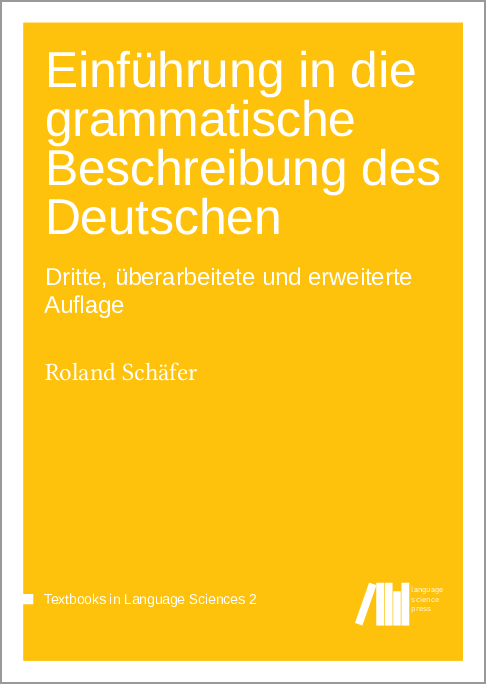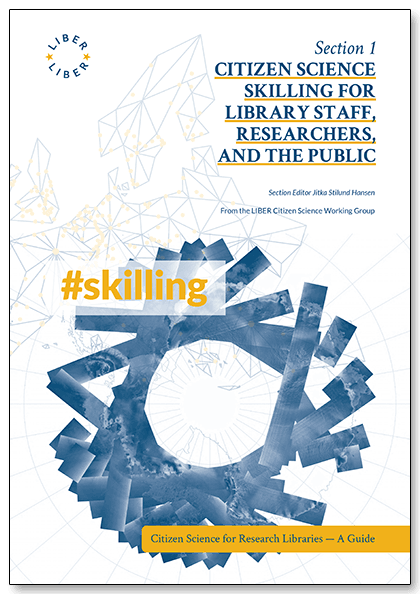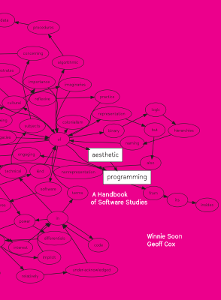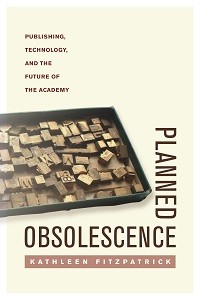Versioning
Description
Versioning (also known as processual, iterative, or continuous publishing), as a concept and practice used within academic research and publishing, refers to the frequent updating, rewriting, or modification of academic material published in a formal or informal way. Versioning documents diachronic changes in a publication—a publication is updated until an agreed-upon number of edits has been included; this then becomes fixed and time-stamped ('frozen') in a new version.
Full description
Versioning was initially pioneered within STEM fields with the use of pre and postprints. As a practice it has affinity with software development, where it is used to distinguish the various instalments of a piece of software. However, versioning and revision have a rich tradition within the humanities too (see disciplines such as genetic criticism that deal with textual variety) and in an open access environment there is perhaps more opportunity for and interest in versioning research and showcasing revision. Textual critics generally define a version as "a distinct state of a work or a document that has transformed in time" (Broyles, 2020), where authors, editors, and readers can all potentially make alterations to a book during its development. Such a focus on material and textual variation as introduced during the writing and research process but also as part of a book’s publication and further dissemination and adaptation, triggers a reconsideration of the book as a fixed object we can return to or emulate while pointing to the inadequacy of final authorial intention. Hence the growing interest, also within the humanities, in more processual forms of publishing and fluid publications that try to incorporate textual variation and versioning, which can also better mirror the scholarly workflow. Yet within most humanities fields and publishing processes, the so-perceived 'final' or 'version of record' (generally seen as a stable, fixed, or bound publication published by a press and written by a single author or a well-defined set of authors) remains dominant in communication and reward structures.
Experimental uses
Although textual scholarship has created sophisticated frameworks for understanding revision and the evolution of books, the mutability of digital text brings up questions around the citeability of different versions and the ability to identify and track changes to a publication. The increasing embrace of version and revision control systems, such as Git, in the digital humanities, has offered the possibility of automated, systematised methods for tracking revision history and providing access to specific states of a project or publication. Changelogs or revision histories, well-known features from platforms such as Wikipedia and GitHub or GitLab, are also increasingly integrated into platforms that accommodate collaborative and experimental forms of academic writing. For example PubPub (regularly used for journal and book publishing) provides a filterable log of changes made to a ‘pub’ as part of its Activity Dashboard. Next to PubPub, several other publishers and open publishing platforms in the humanities have now started to experiment with and accommodate more processual forms of publishing or have started to formally incorporate versioning and options to update and revise publications. The Manifold Scholarship publishing program (developed by The University of Minnesota Press in collaboration with CUNY’s Digital Scholarship Lab for the production of what they call 'iterative' texts or publications), allows material (text, data, sound, video) to be added to a publication as it progresses or is iteratively published. Foreseeing as they state "an emerging hybrid environment for scholarship, Manifold develops, alongside the print edition of a book, an alternate form of publication that is networked and iterative, served on an interactive, open-source platform." With the possibility to keep changelogs and previous versions available, the modifications, interactions, comments, annotations, and updates to publications can become more visible, which offers possibilities to highlight the co-creation of and engagement with scholarship. Experiments with versioning books in the humanities include Mckenzie Wark’s Gamer Theory (or GAM3R 7H30RY to distinguish the online version from the print one) first developed online in collaboration with the Institute for the Future of the Book in 2006 as version 1.1. Wark put the draft of her book, what she distinctively calls a networked book, online using an earlier version of the open source Wordpress plugin Commentpress, which allowed readers to comment alongside the text (instead of underneath it). These reader comments were incorporate in version 2.0, which was published online and as a print version 2.1 published by Harvard University Press. A third version of the book then included user visualisations made based on version 2.0.
Considerations
Based on the technology of the printing press, research has been traditionally organised around fixed and authoritative texts, presumed consistent and stable from copy to copy. The digital environment offers ways to arrange our research differently around the processes of writing. Experimenting with different versions (including using different formats, platforms, and media) offers opportunities to reflect critically on the way the publishing workflow is currently (teleologically and hierarchically) set up, institutionalised, and commercialised and how we might communicate our work differently at the various stages of its development. This includes an investigation of revision management and control (including which revisions are archived), which can be seen as an essential aspect of versioning. Versioning further encourages asking questions about the role of publishers and about what the publishing function entails exactly. For example in relation to authority of a specific text and who does (and does not) get to have a role in establishing this authority; in relation to what currently counts as a formal version, at what point and for what reason and how to distinguish different versions; and in relation to when a text has been deemed reviewed by our peers, when in a public setting it can potentially be 'reviewed' in a continuous manner, even after it has been formally published.
Versioning might also help us look more closely at how different platforms and formats (print, HTML, video, PDF, podcast, ePub) influence the way we produce a specific version and how it is further used and interacted with. It showcases the materiality of our publications, as the way research is versioned is hardly neutral, and there remains a clear difference between a text published as a blog post or as a printed article, even if the content remains exactly the same. Versioning might also result in more recognition being given to the various groups of people involved in research creation and dissemination, as well as to the various materialities, technologies, and media that we use to represent and perform our research, from paper to software. These relationalities or the 'communities of production and reception' around research are not always made as visible as they could be within our established versioning practices. Versions are often revised and updated by the same set of authors, and comments and (material) input from readers, reviewers, and collaborators are not always visibly integrated into new versions or clearly recognised.
A focus on the continuously evolving nature of research might help us make more informed decisions about what kind of versions to bring out and with what intention (to communicate, collaborate, share, gift, attribute, credit, improve, brand, etc.). This could also help break down linear conceptions of publishing, where research often doesn’t develop (neatly) linearly, but is taken up and remixed in different contexts, abandoned and picked up again, extended and aborted and returned to, further interlinked with other references, and networked with other communities and with other texts. Linearity, in this respect, is often a construct, something reconstructed in retrospect. Such a sequential focus also tends to draw our attention to the latest version (as visible on publishing platforms) or to the 'end result' of our research, as the version that is perceived the most complete, definitive, authentic, and original, and with that the most valuable. In this respect versioning has the potential to break down—to some extent at least—the strict boundaries between research and publishing.
Further reading
Arbuckle, A. (2019). Open+: Versioning Open Social Scholarship. KULA: Knowledge Creation, Dissemination, and Preservation Studies, 3, 18–18. https://doi.org/10.5334/kula.39
Adema, J. (2021). Versioning and Iterative Publishing. Commonplace. https://doi.org/10.21428/6ffd8432.42408f5b
